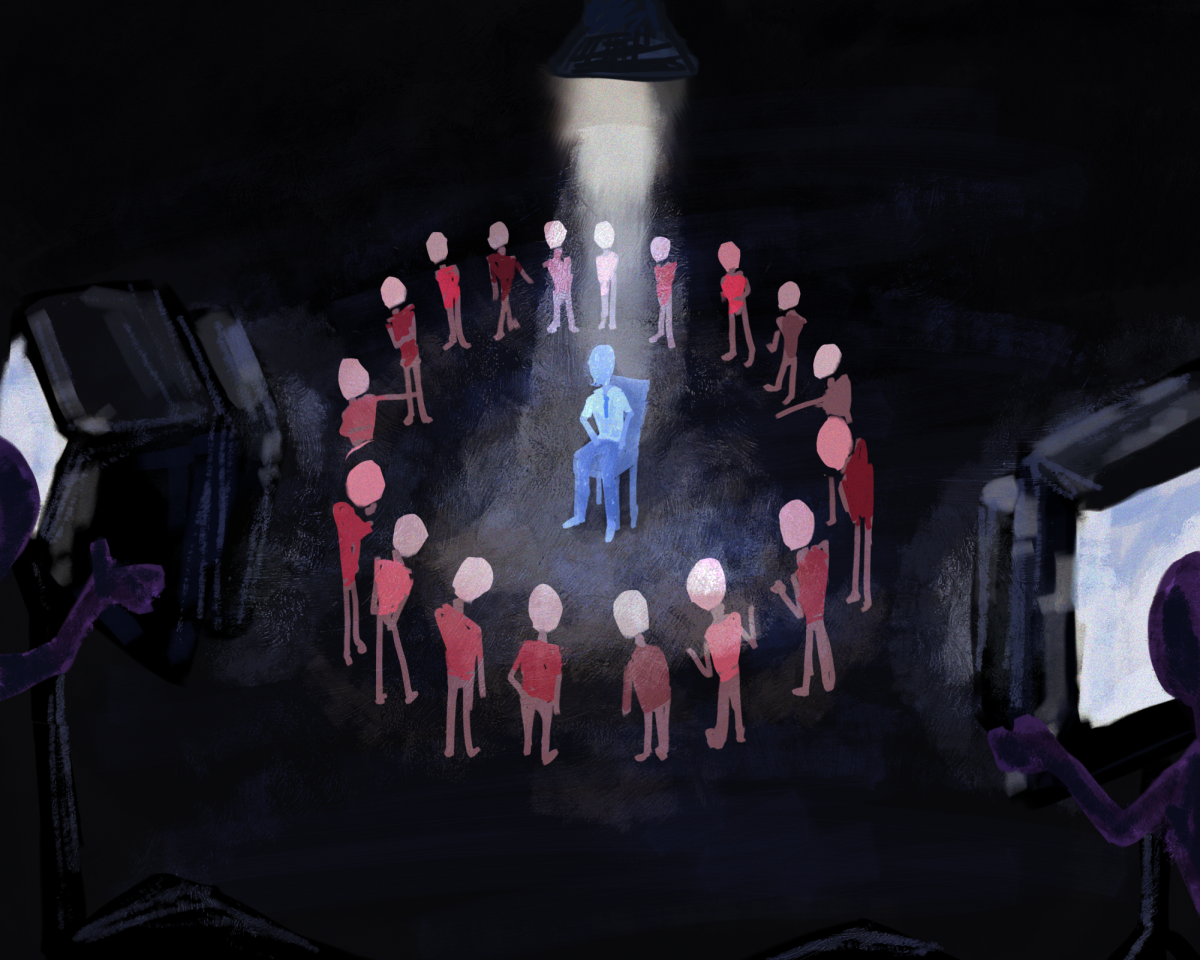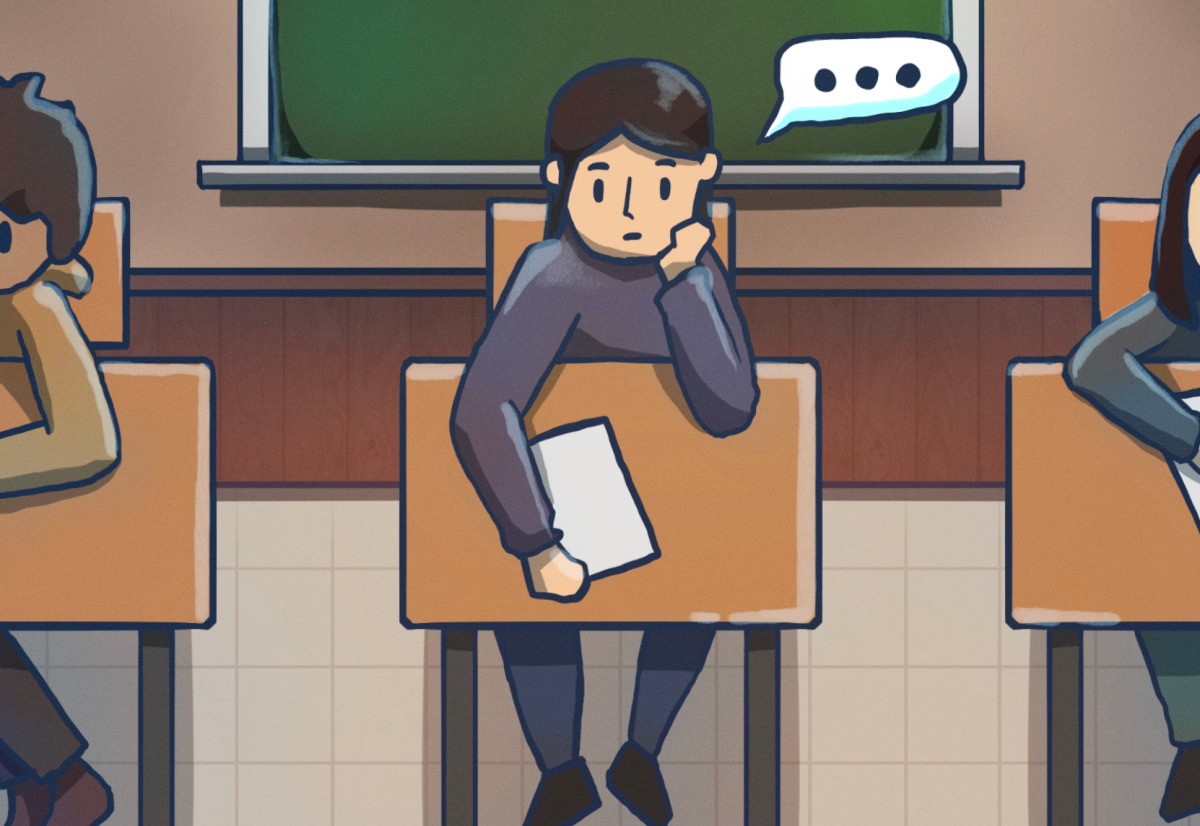Why do we roll our eyes at poetry? Why did we need the anonymity of Whitman Compliments to speak our hearts to those we see every day? And what’s up with “thrift shopping?”
In her provocative Nov. 14 New York Times op-ed “How to Live Without Irony,” Princeton professor Christy Wampole contends that irony has consumed our interactions, repressing all semblances of sincerity. She argues that we’ve adopted irony as a shield to preemptively protect ourselves from all the risk associated with self-expression, because when our aesthetic or intellectual stances are met with disapproval, we simply retreat to the position that we were being insincere to begin with.
Wampole’s claim that irony has become the “ethos of our age” is hyperbolical; it may be the ethos of hipster-hotspots like Brooklyn and college campuses, but certainly not most of the country. And with its elitist pretension and heavy-handed idealism, the article unintentionally makes a case for healthy doses of irony.
But despite the article’s overstatements, some of its thought-provoking points about the dangers of reliance on irony ring true inside the Whitman bubble—a refuge from harsh realities that allows students to avoid living life earnestly.
We spend most of our days hiding behind a mask—of studied indifference, sarcasm or irony—because it’s easier and safer than sincerely expressing our convictions and emotions. Whether it’s by feigning ignorance in class, insensitivity in conversation or self-confidence on Facebook, we all create a distance between our inner self and our outward projection.
This culture of irony is self-perpetuating; those who risk sincerity and self-expression face dismissal from their peers who remain swaddled in their ironic sensibilities.
There’s a reason that poetry units in English are universally dreaded—students are uncomfortable with the sincerity required for earnest stabs at creative expression.
Alcohol’s appeal to students illustrates the pervasiveness of irony in our culture. Students with chemically loosened inhibitions can commune sincerely and act on their impulses without fear of judgment—a liberating release from self-awareness. And in an ironic twist, they can later retreat from any embarrassing exposures by claiming that they were “so drunk” at the time.
While Wampole is spot on when she warns that reliance on irony can be repressive, healthy doses of irony still deserve a place in our society. Irony allows us to maintain good humor in the face of the frustrating, the terrifying, the absurd; a world without irony would be dreary and exhausting in its unceasing sincerity.
In a world full of irony, Wampole contends that the ironic “surrender to commercial and political entities more than happy to act as parents for a self-infantilizing citizenry.” But Wampole misses the point; the fact that corporations and fundamentalists aren’t ironic is a central reason why we need some level of irony. In the face of omnipresent commercialism and phony politicking, we need some irony to help us remain sane—without Tina Fey, Sarah Palin would have been alarming rather than amusing.
So when it comes to the repressive insincerity we face every day, irony isn’t the real problem—instead it’s our fear of self-exposure. We needn’t abandon irony, but we could embrace a little more sincerity.








